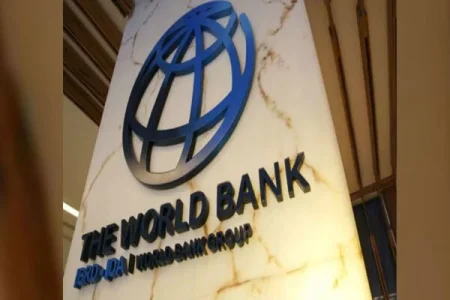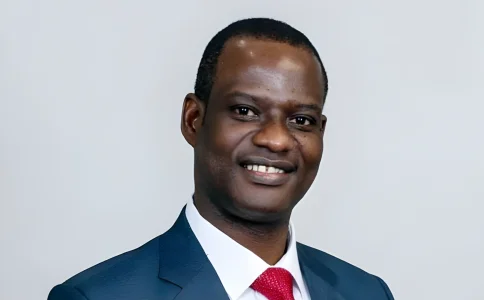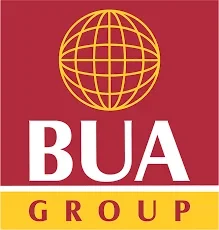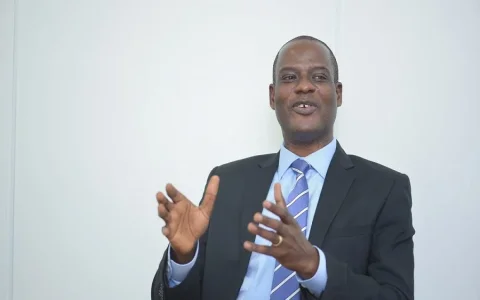
The World Bank has banned Nigerian firms Viva Atlantic Limited and Technology House Limited, alongside CEO Norman Bwuruk Didam, for 30 months over fraudulent and corrupt practices related to the National Social Safety Nets Project. Violations include bid misrepresentation, falsified documents, and bribery, breaching the World Bank’s Anticorruption Framework.
The World Bank Group has imposed a 30-month ban on two Nigerian companies—Viva Atlantic Limited and Technology House Limited—alongside their Managing Director, Norman Bwuruk Didam, for fraudulent and corrupt practices. The sanctions stem from violations discovered during the 2018 procurement process tied to Nigeria's National Social Safety Nets Project (NSSNP).
Investigations revealed that the companies misrepresented conflicts of interest in their bids and accessed confidential tender information through public officials, which the World Bank classified as fraudulent and collusive actions. Additionally, Viva Atlantic Limited and Didam falsified experience records, submitted fake manufacturer authorization letters, and provided inducements to project officials—actions considered corrupt under the World Bank's Anticorruption Framework.
As part of their settlement agreement with the World Bank, the firms and their CEO admitted wrongdoing and agreed to adhere to integrity compliance conditions to lift the debarment. The sanctions prohibit the companies and Didam from participating in World Bank-financed projects and operations during the 30-month period.
The World Bank emphasized that these actions directly violated its Anticorruption Framework, designed to ensure transparency and accountability in global development projects. This incident highlights the institution's commitment to combating corruption and enforcing accountability in its programs worldwide.




